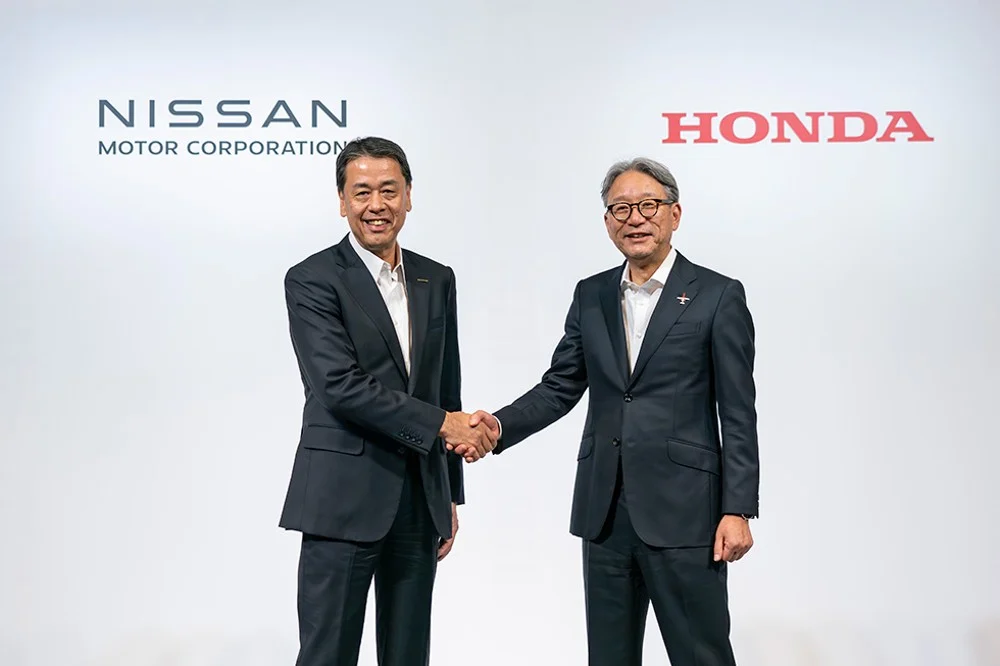Nissan has dropped its talks regarding a possible $60 billion merger with Honda, marking a failure for the bold plan to make the world’s third-largest carmaker. This decision comes after major differences were found during the talks, with Honda proposing that it be the dominant partner in the deal and Nissan become its subsidiary. This, however made Nissan shy away when things went awry again. Its future and its recovery efforts following several crises were all up for questions.
Sources close to the matter revealed that Honda had proposed a more advantageous position for itself, considering it had a significantly higher market value-five times more than Nissan’s. Nissan was in a difficult turnaround plan and wasn’t amenable to the change in balance of power. The formal declaration regarding the collapse of the negotiations might be out shortly, but the possibility of reinitiating the talks is not closed yet, according to sources familiar with the matter.
No more Honda Nissan merger on cards despite Nissan’s struggles in automotive market
The decision sent shockwaves through the market. Nissan’s stock plummeted by more than 4% in Tokyo, and trading was briefly suspended after reports emerged that the automaker was pulling out. Meanwhile, Honda’s shares jumped over 8%, signaling relief from investors wary of the potential deal’s uncertainties.
Both companies said they had not discussed all of the details mentioned in the Nikkei report and that each would aim to stabilize its future by mid-February. The public exchange aside, the collapse of merger talks casts deep question marks about how Nissan will navigate its on-going recovery without external support.
Nissan has not been easy with its recent troubles, such as the aftermath of former chairman Carlos Ghosn’s arrest in 2018. The company is currently going through a large restructuring process that will include job cuts of up to 9,000 positions and a decrease in global production capacity by 20%. A proposed merger with Honda had seemed to be one lifeline the company could rely on to cushion competition from other manufacturers of electric vehicles, which were gaining grounds with companies such as BYD of China.
Renault, Nissan’s long-term partner in an alliance, had been open to the merger, but with the collapse of talks, the future of this alliance is now uncertain. Analysts have suggested that the failure to reach a deal could leave Nissan in a vulnerable position, especially as it faces increasing pressure in the EV market and potential trade disruptions, particularly in the U.S. with tariffs on Japanese imports.
A few months ago, reports emerged regarding potential merger
Nissan’s battle to take the reins of its future shows one critical problem: its unwillingness to be acquired under Honda’s umbrella, an option that might spell disaster for the proposed tie-up. For years, a combination of the two automakers had been envisioned as a smart step in fending off the rise of electric-vehicle titans, but now, the deal seems to be going haywire, leaving both companies without a clear sense of direction.
Also, see:
Bitcoin Slides Below $100,000 as Trump Tariffs Rattle Markets
